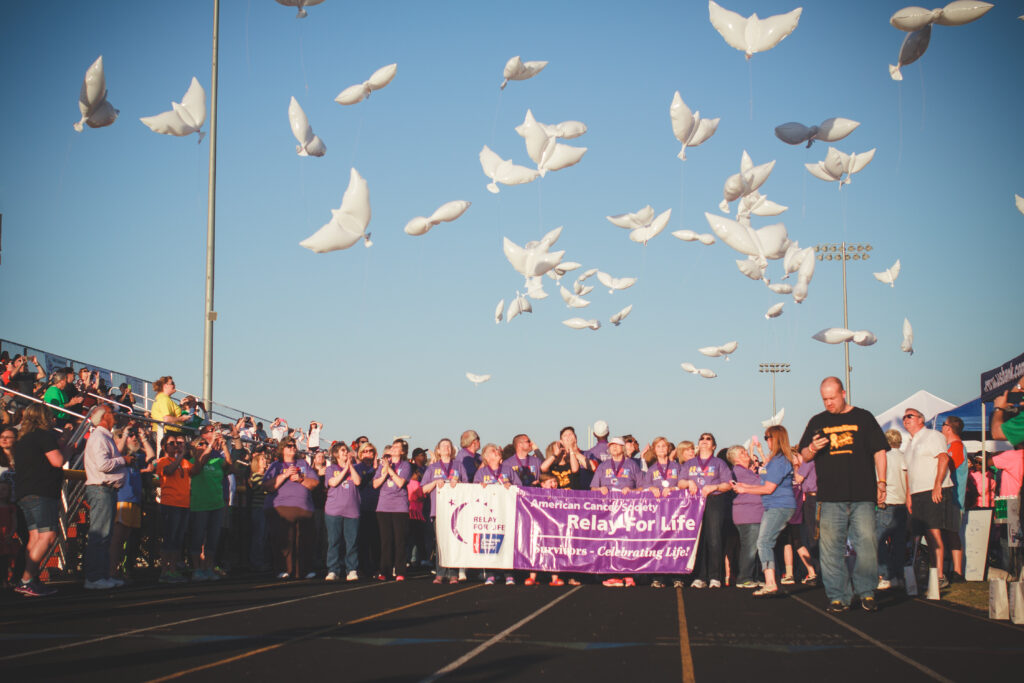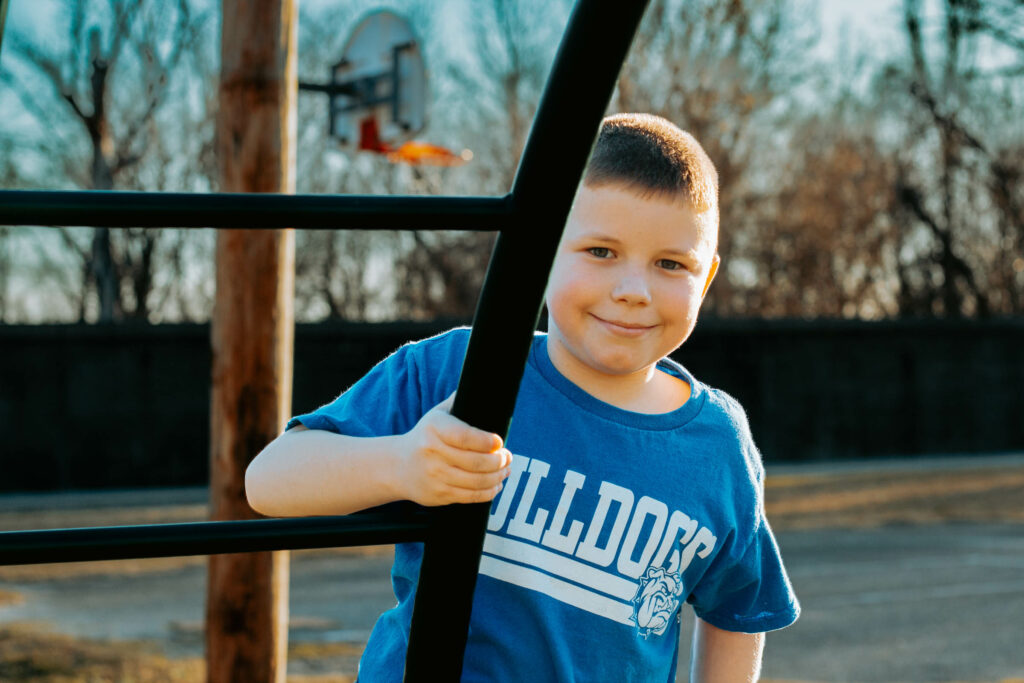“Everyone has the ability to increase resilience to stress. It requires hard work and dedication, but over time, you can equip yourself to handle whatever life throws your way without adverse effects on your health. Training your brain to manage stress won’t just affect the quality of your life, but perhaps even the length of it.” – Amy Morin
This fall marks one year of writing fitness/nutrition for the Vue. Last October I told my breast cancer story in “How to Eat an Elephant”. With the October issue being centered around breast cancer and having just lost my big brother to the disease, I wanted to write about the lessons and the strength that can come with these battles when approached with the right mindset.
Resilience is a concept we’ve all read about in the last few years as we realize the level of importance in looking after our mental health. It can be viewed as the ability to adjust and continue functioning after a traumatic life event, such as illness or grief, as well as where we draw on our skills and strengths to cope with life’s challenges. Resilient people are able to keep going in hard times, bounce back from challenges, and adapt to changing and difficult circumstances. In the context of cancer, resilience refers to an individual’s protective attributes and/or personal characteristics which are thought to be modifiable and to promote successful adaptation to cancer. Research shows that in patients who have survived breast cancer, higher levels of resilience are linked to feeling less stressed, anxious or low, and is often accompanied by more positive emotions, like joy and happiness, as well as people being optimistic and flexible when dealing with changes.
Those of us who have breast cancer, or who have been through it, know just how hard the journey can be. Being diagnosed with cancer and going through treatment is a stressful experience. Many people may be anxious about breast cancer returning once they’ve finished treatment. A diagnosis brings sudden and dramatic life changes that people may feel are out of their control. Studies have shown that overcoming cancer and its treatment can be an opportunity for personal growth, as well as for enhanced mental and emotional well-being, that could potentially be linked to better coping with disease related demands. However, not everyone will react to adversity in the same way, with some more resilient than others. Understanding how those factors affect certain cancer patients might have important implications and guide interventions to assist patients, survivors, and loved ones with their psychological recovery from the cancer experience.
Factors that studies have shown to facilitate this process and collectively account to resilience and psychological adaptations to a patient’s cancer experience:
SOCIAL SUPPORT
In breast cancer specifically, social support is crucial for the illness adjustment by decreasing distress, depression, and in some, lowering risk of recurrence. Those who feel supported report better quality of life and well-being. Be it friends, church, or a gym environment, do not socially isolate yourself through this process.
HOW TO SUPPORT SOMEONE THROUGH CANCER
- Be available to listen. Always let them know you are available to come when needed. My mother handled this perfectly when she called daily and asked, “How can I make this day easier for you to get through?”
- Just be yourself and let them know that you care and they are not alone.
- Do not play doctor, do not tell horror stories of those who you know who have been through cancer.
- Be available to run errands they may not feel like doing.
MEANING MAKING
“For the meaning of life differs from man to man, from day to day, and from hour to hour. What matters, therefore, is not the meaning of life in general but rather the specific meaning of a person’s life at a given moment.” Victor E. Frankl
The first several months after someone is diagnosed with cancer is a critical period in which they are confronted with a number of physical, emotional, social, and spiritual changes imposed by the disease. These concerns often confuse one’s general sense that life has order and purpose and force patients with cancer to search for new meaning in life as they make sense of their cancer. When this can successfully be achieved, (as in my search and creation of a career as a coach), research has proven leads to a higher quality of life post cancer.
PERSPECTIVE
I also refer to this as “big picture thinking”. While easier said than done, any coping skills you develop that allows you to not get overwhelmed by the day to day worries and focus on the end goal. For me, that was church, yoga, journaling, and my family. One of the biggest ways I can now help others, including my brother, is by providing perspective on the cancer experience and help them set realistic goals on what is possible. My end goal of cancer? Obviously, getting through the two year experience, but I personally had an end goal of wanting to serve others after cancer.
BACK TO BASICS
Knowing you have been through a traumatic, life altering experience and allowing yourself the grace to do what you need to do to take care of yourself and your body. Self-care is a bit of a buzzword these days, but it’s important to realize the small basic steps that can add up to feeling better:
- Eating healthy food on a regular basis
- Exercising to the level of your abilities
- Focus on quality of sleep
- A sense of structure-a balance of rest and productivity is good for the brain and allows you to feel like you are functioning at your highest level.
And by all means, if you find yourself struggling to cope-reach out for help to find someone to walk you through the process. Life after cancer, after grief, is a process and opening yourself up to what it can teach you is possible.






